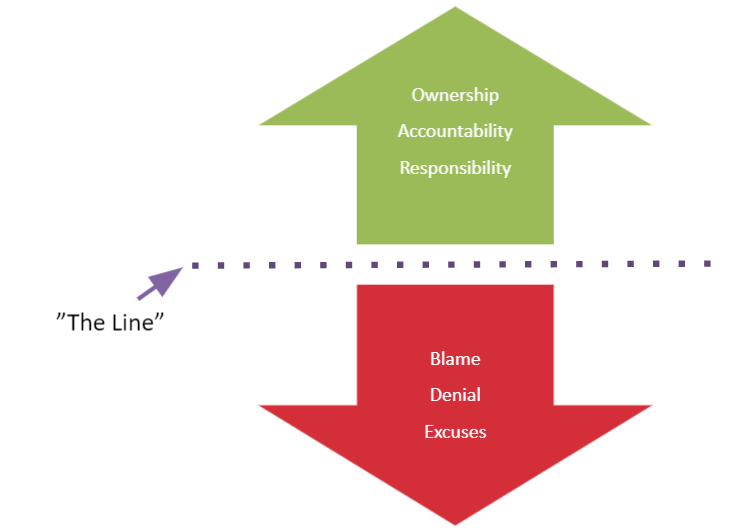Why Accountability
Accountability is one of the most critical ingredients of personal and organisational success. Without a doubt.
Accountability is defined as:
“a personal choice to rise above one's circumstances and demonstrate the ownership necessary for achieving desired results to See It, Own It, Solve It, and Do It.”
Around 10 years ago when I was working for an IT Consultancy I experienced first-hand a continuous lack of accountability. It seems odd but I didn’t notice or really recognise the problem back then. I was looking at things with less experience or knowledge, and just going with the flow.
What I do remember was there was a constant blame culture and no one really cared too much about the impact of their behaviours.
The best new app for newsletter reading
Meco app is a newsletter reader that enable the reading of newsletters outside the inbox.

At the time I felt frustrated and I couldn’t put a finger on why I felt so strongly about it. I remember feeling entirely alone when pointing out areas of improvement or where individuals were repeating the same mistakes.
Reflecting back I now recognise my values and the organisation’s values were not aligned. The company didn’t value accountability or integrity, they were nurturing an unhealthy environment.
I would quite often hear:
“That’s not my fault, the customer’s expectations are off.”
“Server has gone down because Microsoft had too many updates.”
“Why did Sales sell this, it’s a terrible product.”

In an environment where employees are blaming other departments, their colleagues, and even the customers there is little chance of establishing a cohesive team and healthy culture. Everyone wastes so much energy watching their own back instead of just owning it, accepting things that went wrong, and focusing on how we move forward as a team.
There is a great book called the Oz Principle which explains the idea called “The Line”. You’re either behaving below it or above it. Where are you?
When you’re behaving below the line, you see yourself as the victim and will often blame others and things for your shortcomings. You’ll use excuses and other external factors to explain why you haven’t made progress, failed, or even started.



